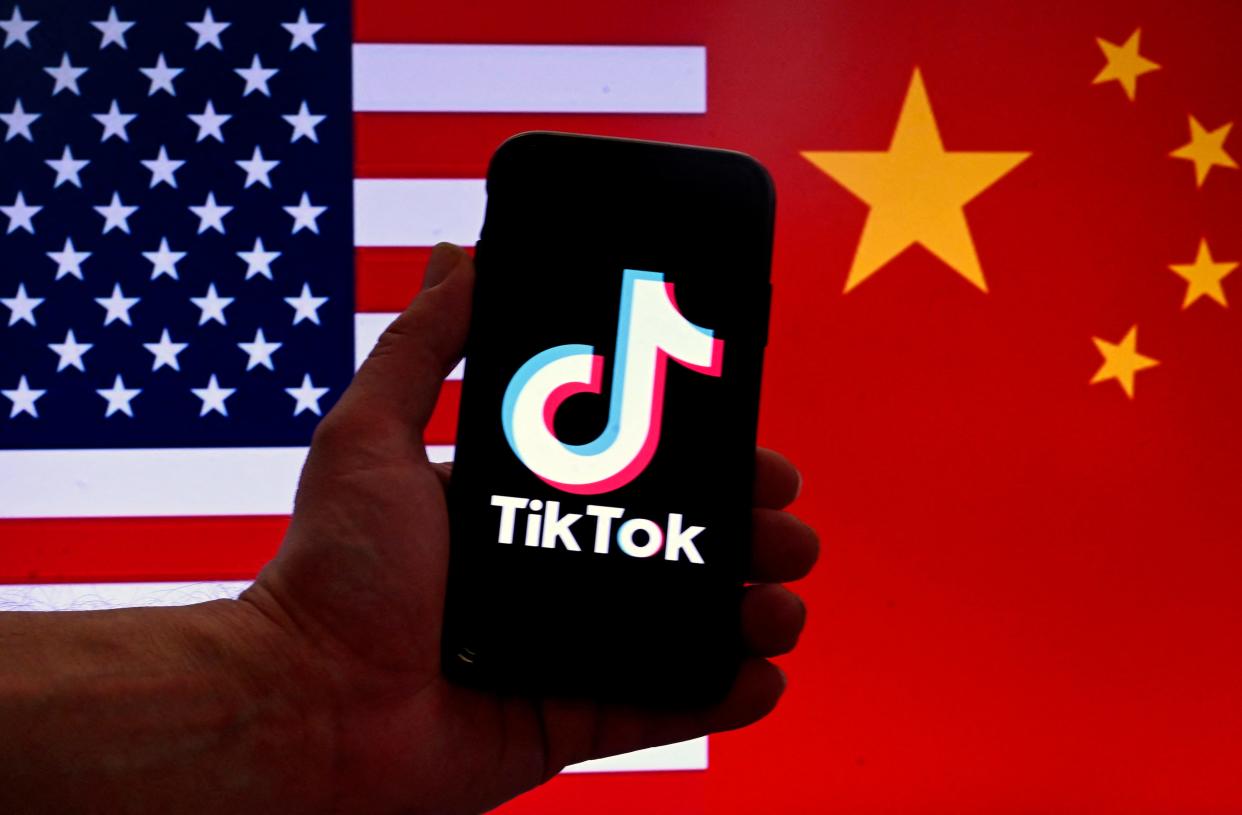Do Oklahomans care about banning TikTok? The ban isn’t wrong, but may be necessary.

The U.S. House of Representatives passed H.R. 7521 in mid-March. This vote put popular video making and sharing platform TikTok in a tough position: Either have its parent company divest its shares in the U.S.-brand, or be banned.
This has been a long time coming for the popular social media platform, as we’ve seen tensions between TikTok spokespeople and governmental figures rising since the platform would not commit to barring U.S. citizen data on international servers. We’ve heard the words from various politicians on Capitol Hill that tell us citizens that this ultimatum simply protects our "data privacy" and "keeps the data of U.S. citizens within U.S. borders."
More: Is TikTok getting banned today? US House approves bill to ban TikTok: What we know
But what if the public distrust and outrage against those who voted in favor of this bill is misguided, or, worse yet, malfeasant misinformed?
While banning such a widely used platform may look like federal censorship, it may be the opposite. In fact, this bill may just be the secret sauce to ensuring Americans aren’t influenced by adverse nations … all while keeping the red, white, black and blue app we love so much on our phones.
The main qualm that many have with the bill-in-question is that the argument of “data privacy” breaks down when you add American data brokers into the mix. If data brokers are allowed to buy, sell and use anyone’s data that major social media companies collect, then what’s stopping China from buying data and skirting H.R. 7521? A good amount, actually.
More: Why permanent Daylight Saving Time would harm Oklahomans
On Feb. 28 of this year, President Joe Biden signed Executive Order 14117, which severely limited data brokers’ abilities to legally sell data to “countries of concern,” like China, Iran, North Korea and Russia. When paired with legislation which makes Bytedance, TikTok’s Beijing-based parent company, divest from one of America’s largest social media platforms, such an order creates a rock-and-hard-place sandwich that pushes a concerning country out of a place to easily collect American data.
That’s all well and good, but why do we care if it means that TikTok could be banished to the abyss? If you, the reader, can’t imagine a world without TikTok, then it’s easy to see how looking at various columns centered around its possible demise could be alarming, if not disheartening.
However, it seems that you need not fret. There are already investor groups forming to buy the application and centralize all U.S data. Even if ByteDance does not want to sell TikTok, as has been its posture in previous U.S. attempts to force a sale, the estimated $75 billion valuation is nothing to scoff at for both the Beijing-based software company and the Chinese government.
At the end of the day, even if H.R. 7521 doesn’t pass the Senate, this is far from the last of TikTok’s governmental woes. And as much as national security is concerned, this criterion is truthfully a long way from achieving it. Instead, this bill looks to be more of a safeguard from international influence and data harvesting harming everyday Americans.

Walker Wambsganss, from Southlake, Texas, is a junior at the University of Oklahoma studying finance while on a pre-law track.
This article originally appeared on Oklahoman: Are Oklahomans concerned about banning TikTok?

